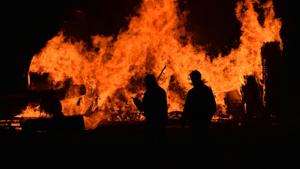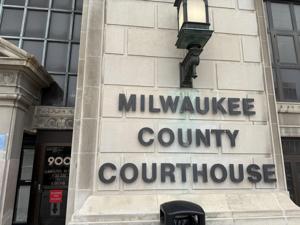(The Center Square) – Two Veterans Housing and Recovery Program facilities in Wisconsin are set to close by September following a lack of state funds in the current biennial budget.
The sites, overseen by the Wisconsin Department of Veterans Affairs, provide housing and supportive services to military veterans who are homeless or at risk of becoming homeless to help them obtain permanent housing.
In a statement, Gov. Tony Evers said he had included $1.9 million for the program in his proposed budget but Republican lawmakers removed it.
He said Republicans approved zero dollars in new funding for the program, causing the veterans housing facilities in Chippewa Falls and Green Bay, to close as soon as Sept. 30.
“Our veterans should not have to worry about being able to afford to keep a roof over their heads. Period,” Evers said. “The bottom line is that there will now be fewer options for homeless veterans as a result of the Legislature’s irresponsible decision to reject the investments that I proposed.”
According to Evers, during the budget process, the nonpartisan Legislative Fiscal Bureau had told the Joint Finance Committee that “without additional funding, the Department [of Veterans Affairs] would not have sufficient resources to maintain the program’s three sites.”
After the budget was signed into law, WDVA confirmed this to be the case.
Although Evers blames legislative Republicans for the sites’ closures, Sen. Andre Jacque, R-New Franken, who chairs the Senate committee on Natural Resources, Veteran and Military Affairs, said legislative Democrats and Evers’ negotiation tactics are culpable.
“I voted across party lines on the Senate floor to provide additional funding for VHRP and expand the Disabled Veterans and Surviving Spouse Property Tax Credit in the budget as I’ve previously authored as standalone legislation,” Jacque said in a statement to The Center Square.
“I am greatly disappointed that the governor did not prioritize veterans assistance higher within his budget negotiations,” Jacque said. “I was further disappointed that the Senate Democrats decided to vote for the budget in greater numbers than required for it to pass, which greatly reduced the leverage of legislators like myself to insist on its inclusion in the budget to earn our support for the document.”
Jacque, who does not sit on the Joint Finance Committee, did not mention legislative Republicans sitting on that committee for their votes against the funding or decision to not adopt alternative funding to the budget.
According to Evers, the 23 homeless veterans living at Chippewa Falls and the about 17 living at the Green Bay facility will be offered alternative placement options and will continue to receive services.
Applications for the Chippewa Falls and Green Bay locations are no longer being reviewed.
















